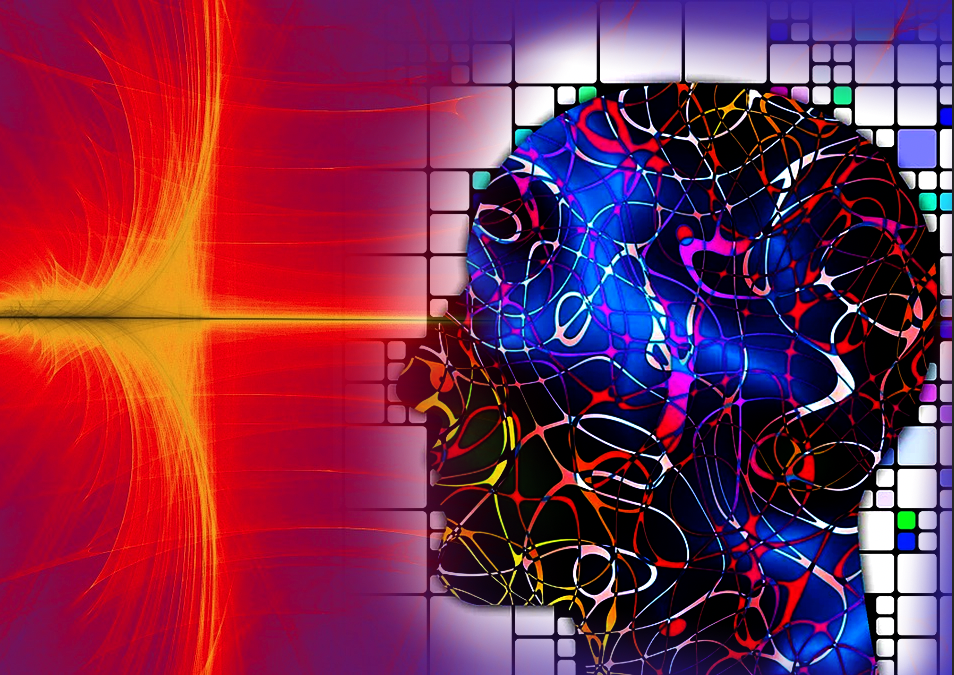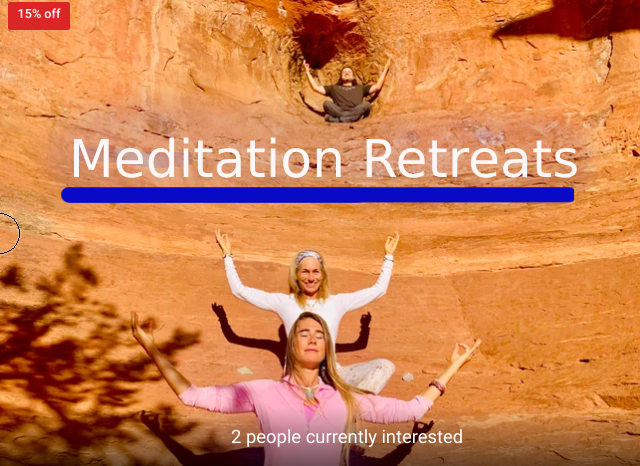
Ways to Your Impact Your Business with AI: Transforming Industries and Operations
Artificial Intelligence (AI) has emerged as a transformative force in the business world, revolutionizing workflows, methodologies, and entire industries. By mimicking human intelligence through sophisticated algorithms and technologies, AI is reshaping how companies...

What is a “Woke Mind Virus”: Unpacking a Concept in Modern Discourse
In recent years, the term "woke mind virus" has ignited intense debates across political and cultural landscapes. But what does it really mean? Where did it originate? And why is it causing such a stir? In this article, we'll break down the concept, explore its...

Summary of Elon Musk & Dr Jordan Peterson interview – The Woke Mind Virus is a Threat to Civilization
In a discussion between Dr. Jordan B. Peterson and Elon Musk. Musk and Peterson speak about the concept of the "woke mind virus" and its implications for society. Here is Elon Musk talking about losing his son to the woke mind virus. Here is a short clip & a...

The 5-Day Re-Invent Meditation Retreat in Sedona, Arizona
Nestled in the heart of Sedona, Arizona, a transformative experience awaits those seeking to reconnect with their inner selves and tap into the powerful energies of the Earth. The 5-Day Re-Invent Meditation Retreat offers a unique blend of Kundalini Yoga, vortex...

Top Audiobook Recommendations of Elon Musk.
Elon Musk replied to a tweet that had asked for audiobook recommendations. The Story of Civilization by DurantIliad (Penguin Edition)The Road to Serfdom by HayekAmerican Caesar by ManchesterMasters of Doom by KushnerThe Wages of Destruction by ToozeThe Storm of Steel...

What are Valuable Skills to Build Now and For the Future?
The Essential Skills for Success in the Modern Workplace and Beyond The skills required for success in the workplace are constantly changing. As we navigate through 2024 and look towards the future, it's crucial to understand which skills are most valuable now and...
Matthieu Ricard, 69, is a Tibetan Buddhist monk originally from France who has been called "the world's happiest man."
That's because he participated in a 12-year brain study on meditation and compassion led by a neuroscientist from the University of Wisconsin, Richard Davidson.
Davidson hooked up Ricard's head to 256 sensors and found that when Ricard was meditating on compassion his mind was unusually light.
Simple Capacity details the findings:
The scans showed that when meditating on compassion, Ricard’s brain produces a level of gamma waves – those linked to consciousness, attention, learning and memory – ‘never reported before in the neuroscience literature’, Davidson said. The scans also showed excessive activity in his brain’s left prefrontal cortex compared to its right counterpart, allowing him an abnormally large capacity for happiness and a reduced propensity towards negativity.
Ricard, who says he sometimes meditates for entire days without getting bored, admits he's a generally happy person (although he feels his "happiest man" title is a media-driven overstatement).
He spoke with Business Insider at the World Economic Forum in Davos, Switzerland. Here's his advice for how to be happy.
Stop thinking 'me, me, me'
To Ricard, the answer comes down to altruism. The reason is that, thinking about yourself and how to make things better for yourself all the time is exhausting and stressful, and it ultimately leads to unhappiness.
"It's not the moral ground," Ricard says. "It's simply that me, me, me all day long is very stuffy. And it's quite miserable, because you instrumentalize the whole world as a threat, or as a potential sort of interest [to yourself]."
If you want to be happy, Ricard says you should strive to be "benevolent," which will not only make you feel better but also make others like you more.
That's not to say you should let other people take advantage of you, Ricard warns, but you should generally strive to be kind within reason.
"If your mind is filled with benevolence, you know, the passion and solidarity ... this is a very healthy state of mind that is conducive to flourishing," Ricard says. "So you, yourself, are in a much better mental state. Your body will be healthier, so it has been shown. And also, people will perceive it as something nice."
That all sounds great in theory, but how does a person actually become altruistic and benevolent and not let selfish thoughts creep in?
Start training your mind like you'd train to run a marathon
Ricard believes everyone has the ability to have a lighter mind because there's a potential for goodness in every human being (unless you're, say, a serial killer, and there's something actually chemically abnormal going on with your brain).
But like a marathon runner who needs to train before he or she can run 26.2 miles, people who want to be happier need to train their minds. Ricard's preferred way of training his is meditation:
With mental training, we can always bring [our level of happiness] to a different level. It's like running. If I train, I might run a marathon. I might not become an Olympic champion, but there is a huge difference between training and not training. So why should that not apply to the mind? ... There is a view that benevolence, attention, emotional balance and resilience are skills that can be trained. So if you put them all together, you could say that happiness is a skill that can be trained.
OK, so how does one train their mind to be happier?
Just spend 15 continuous minutes a day thinking happy thoughts
Start by thinking happy thoughts for 10 to 15 minutes a day, Ricard says. Typically when we experience feelings of happiness and love, it's fleeting and then something else happens, and we move on to the next thought. Instead, concentrate on not letting your mind get distracted, and keep focused on the positive emotions for the next stretch of time.
And if you do that training every day, even just two weeks later you can feel positive mental results. And if you practice that for 50 years like Ricard has, you can become a happiness pro too. That's backed up by neuroscientists, by the way. Davidson found in his study that even 20 minutes of daily meditation can make people much happier overall.













